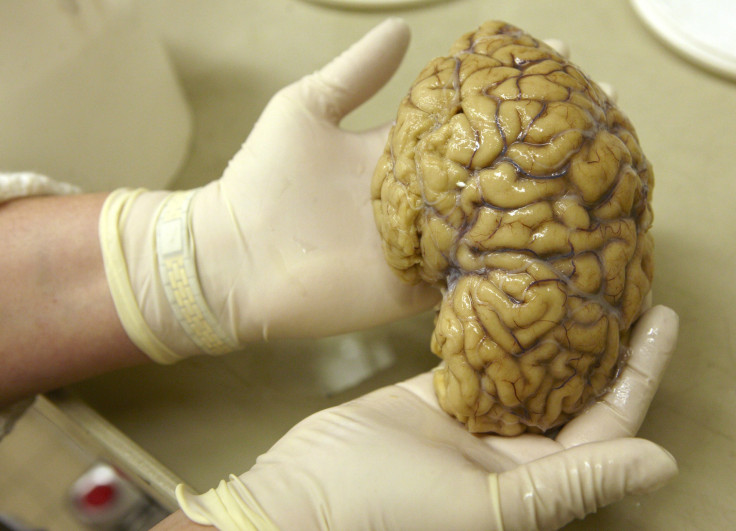Emotional Brains And Rational Brains Are Physically Different: Study

The brains of people who respond to others’ feelings emotionally are found to be physically different than those of people who respond logically, according to a new study.
The study, published Thursday in the journal Neuroimage, used a method called voxel-based morphometry to record the gray matter density of 176 test participants, and compared the results with a questionnaire designed to test their empathy levels. The researchers found correlations between gray matter density in different parts of the brain and their cognitive and affective empathy. Their findings showed that people display different kinds of empathy based on which part of the brain has a concentration of gray matter.
"People who are high on affective empathy are often those who get quite fearful when watching a scary movie, or start crying during a sad scene. Those who have high cognitive empathy are those who are more rational, for example a clinical psychologist counselling a client," Monash University researcher and principal investigator Robert Eres said, in a release.
Specifically, what the scientists found is that people who showed more affective empathy had more gray matter density in the insula -- a region in the middle of the brain that generates the most powerful emotions and regulates body responses like hunger. Those who showed greater density in the midcingulate cortex, which connects the brain’s two hemispheres, showed more cognitive empathy.
“Taken together, these results provide validation for empathy being a multi-component construct, suggesting that affective and cognitive empathy are differentially represented in brain morphometry as well as providing convergent evidence for empathy being represented by different neural and structural correlates," the researchers said, in the study,
The researchers said they next want to test whether these findings indicate that people could train themselves to become more empathetic, and whether this would affect the makeup of their brain.
"In the future we want to investigate causation by testing whether training people on empathy related tasks can lead to changes in these brain structures and investigate if damage to these brain structures, as a result of a stroke for example, can lead to empathy impairments," Eres said.
© Copyright IBTimes 2025. All rights reserved.





















